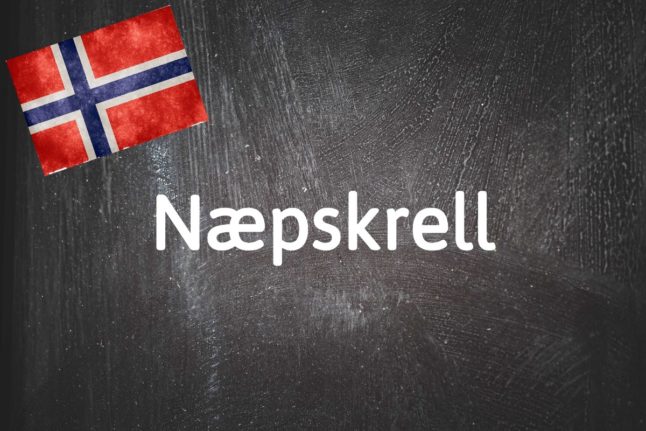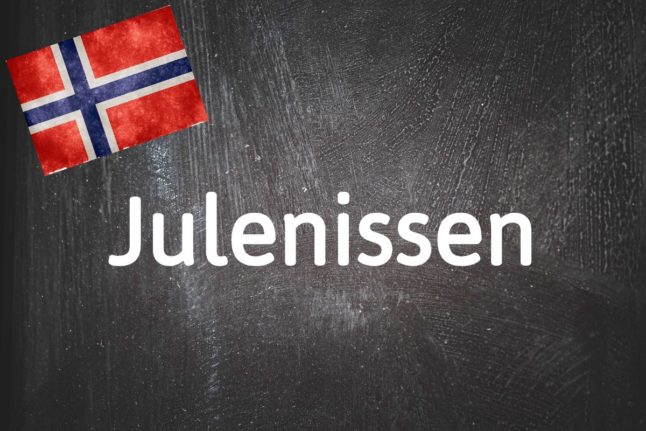What does it mean?
Næpskrell is a slang word from the Nordland dialect. Næp is taken from the Bokmål (the most common form of written Norwegian), nepe. Nepe means turnip.
Therefore, a næpskrell refers to a turnip peeling, at least figuratively. This is because you will typically refer to someone as a næpskrell.
This isn’t a particularly nice thing to call someone or to be called. This is because you are essentially calling someone an idiot or beyond useless.
That is because, just as hardy, useful, and versatile turnips are, the skins are pretty useless, which is why this piece of slang is typically used to insult someone.
Northern Norwegians are normally known for their more direct and frank approach. This slang should help prove that they don’t mince their words.
Slang words such as næpskrell also highlight Norway’s rich linguistic variety. Due to its geographic diversity, distinct regional dialects have emerged nationwide.
Throughout its history, Norway has been in union with Sweden and Denmark. The influence of Danish and Swedish can be felt on the language today, with the three languages considered mutually intelligible.
However, there was a point when the influence of Danish was considered too prevalent. This led to a linguist named Ivar Aasen creating a written standard based on regional dialects, as he felt this would be closer to Norwegian than Danish.
In 1853, he published a written standard based on these dialects and called it Landsmål. This would later become what is known as what is known as Nynorsk today.
This happened around the same time Riksmål was formed, another attempt to pivot the language from Danish towards Norwegian. Riksmål would become Bokmål, the dominant form of written Norwegian. Both would receive status as official languages.



 Please whitelist us to continue reading.
Please whitelist us to continue reading.
Member comments